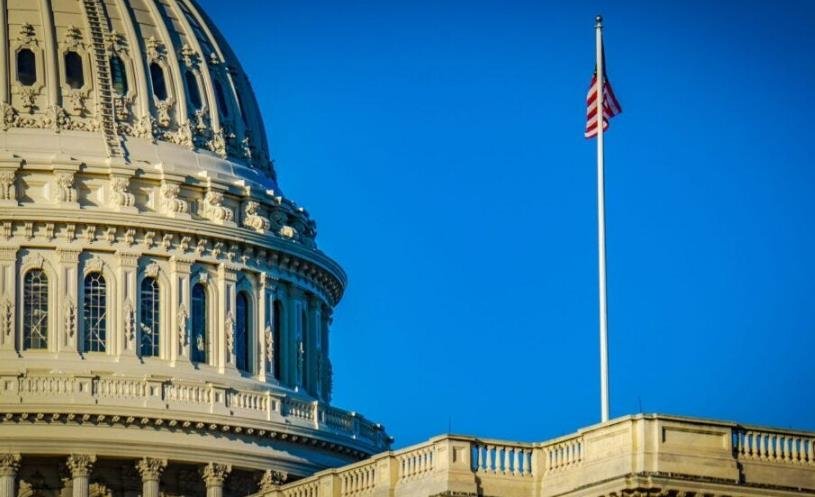As the world watches, the International Court of Justice (ICJ) is set to deliver a landmark ruling on the request to halt Israel’s military offensive in Rafah, Gaza. This decision is expected to have far-reaching implications for international law and the ongoing conflict in the region.
The ICJ, often referred to as the World Court, is poised to make a definitive statement on South Africa’s plea for Israel to cease its operations in Gaza. The court’s rulings are known to be final and binding, yet historically, their enforcement has been a complex issue due to the lack of direct power.
The urgency of the matter is underscored by the gravity of accusations leveled against Israel, including alleged violations of the Genocide Convention. The international community’s response to the court’s decision will be a testament to the respect for global judicial processes.

A Region in Turmoil
At the heart of the controversy is the city of Rafah, which has become a symbol of the strife and suffering that marks the Israeli-Palestinian conflict. The offensive, which Israel defends as a necessary measure of self-defense against Hamas militants, has been met with international scrutiny and calls for immediate cessation.
The ICJ’s ruling comes at a time when diplomatic tensions are high, and the geopolitical landscape of the Middle East hangs in the balance. The outcome of the court’s decision could either pave the way for a new era of diplomacy or further entrench the divide.
Implications for International Relations
The impending verdict is not just about the cessation of hostilities; it’s also a matter of international relations and the enforcement of international law. A ruling against Israel could increase diplomatic pressure on Prime Minister Benjamin Netanyahu’s government and affect the nation’s standing in the global community.
Moreover, the decision will likely influence the ongoing dialogue between Israel and Palestine, potentially impacting future peace negotiations and the broader quest for stability in the region.
